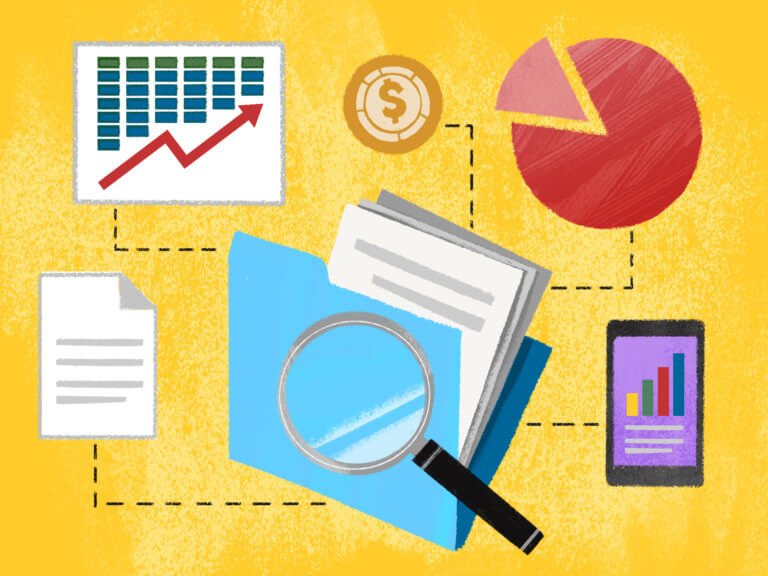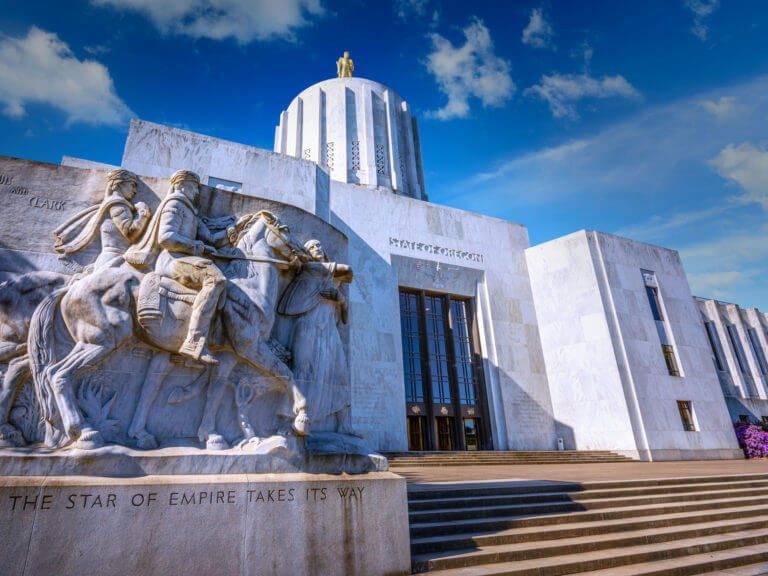
How We Operate
Oregon’s lottery is both a public trust and a market-driven business. Lottery dollars fund education, economic growth, state parks, natural habitats, veteran services, and Outdoor School. Dollars are also allocated to gambling counseling, treatment, and safer play strategies and resource awareness throughout the state.
Our Mission
The Lottery’s mission is set out in Article XV of Oregon’s constitution and ORS chapter 461.
The Oregon Lottery is operated with the highest standards of security and integrity to raise revenue commensurate with the public good.
The Oregon Lottery is the state’s second largest funding source after personal income tax, contributing over $15 billion to state funding since 1985. We strive to earn profits responsibly, with the goal of minimizing potential social costs such as gambling addiction.


Commission
The five-member Lottery Commission oversees the governance of the Oregon Lottery. The governor appoints commission members for four-year terms. The State Senate confirms the appointments.

Proceeds and Financials
The Oregon Lottery Commission approves the Lottery’s financial statements at its monthly meetings. The secretary of state audits annually the Lottery’s financial statements. Since 2008, the Lottery has earned the Award of Excellence most years from the Government Finance Officers Association and the Gold Star rating over 20 times by the Statewide Accounting and Reporting Services Department at DAS for excellence in Financial Reporting.
Annual Comprehensive Financial Reports
2024 | 2023 | 2022 | 2021 | 2020

Your Information
We value and protect the privacy of the information you provide to us by using this site or mobile application. It helps us enhance your experience, process your prize claims, and gain insights to improve our interactions with you. We do not, or never would, share or sell your information with other parties. Read on for full details about our privacy policy and your rights related to public records requests.

Responsible Gaming
The Oregon Lottery is committed to creating revenue to support programs that are important to Oregonians in a way that reduces potential social costs, such as gambling addiction.

Oregon Lottery Rules and Statutes
The Oregon Lottery’s legal framework is a combination of constitutional, statutory and administrative rule language.
Oregon Administrative Rules, Chapter 177 – Oregon State Lottery
Oregon Revised Statutes Chapter 461
Oregon Lottery Constitution, Article XV (4, 4a, 4b, 4c.)
How the Lottery Works – FAQ
Oregon law requires that at least 50% of the Lottery’s total annual sales is paid to players as prizes. Most of the rest goes to funding state programs. A small percentage is used for operating costs. Click here for all the details.
Nearly every Lottery-generated dollar recirculates back to Oregonians. Based on voter approval, Lottery profits fund Education, State Parks, Natural Resources (Watershed Enhancement), Economic Development, Veterans’ Services, Outdoor Schools and Problem Gambling Treatment. Additionally, Lottery dollars pay hundreds of millions in prizes each year, commissions to businesses that sell Lottery games, contracts to Oregon-based vendors and the salaries of an Oregonian workforce dedicated to doing good things for the state they call home. For detailed allocations of funding, take a look at the Where the Money Goes section of our website.
The Lottery itself plays no role in how or where Lottery dollars are spent. Oregonians vote to approve constitutional amendments that determine the categories of programs that may receive Oregon Lottery funds. Most recently, Oregonians voted to fund Outdoor Schools and Veterans’ Services with Lottery funding.
By law, no more than 16% of total annual sales can be used to run the Oregon Lottery (administrative costs). The Lottery typically operates at less than 4%. This includes things like commissions for the stores who sell Lottery games, the cost of buying and distributing games, paying prizes, and Lottery operating expenses.
No. The Oregon Lottery is entirely self-financed through its game sales and receives no tax dollars to operate.
People who play the Lottery are typical Oregonians in terms of age, income, and education. We update our player profile each year to illustrate the demographics of Lottery players in Oregon
Right now, there are about 3,900 Oregon Lottery retailers across the state.
If you would like more information about the process to apply for Lottery-funded business loans, business support services and grants for community development projects log onto the Business Oregon website (https://www.oregon4biz.com/) or call 503-986-0123.
Any prizes that are not claimed within the designated time are transferred to the State to be used to fund the voter-approved beneficiaries.